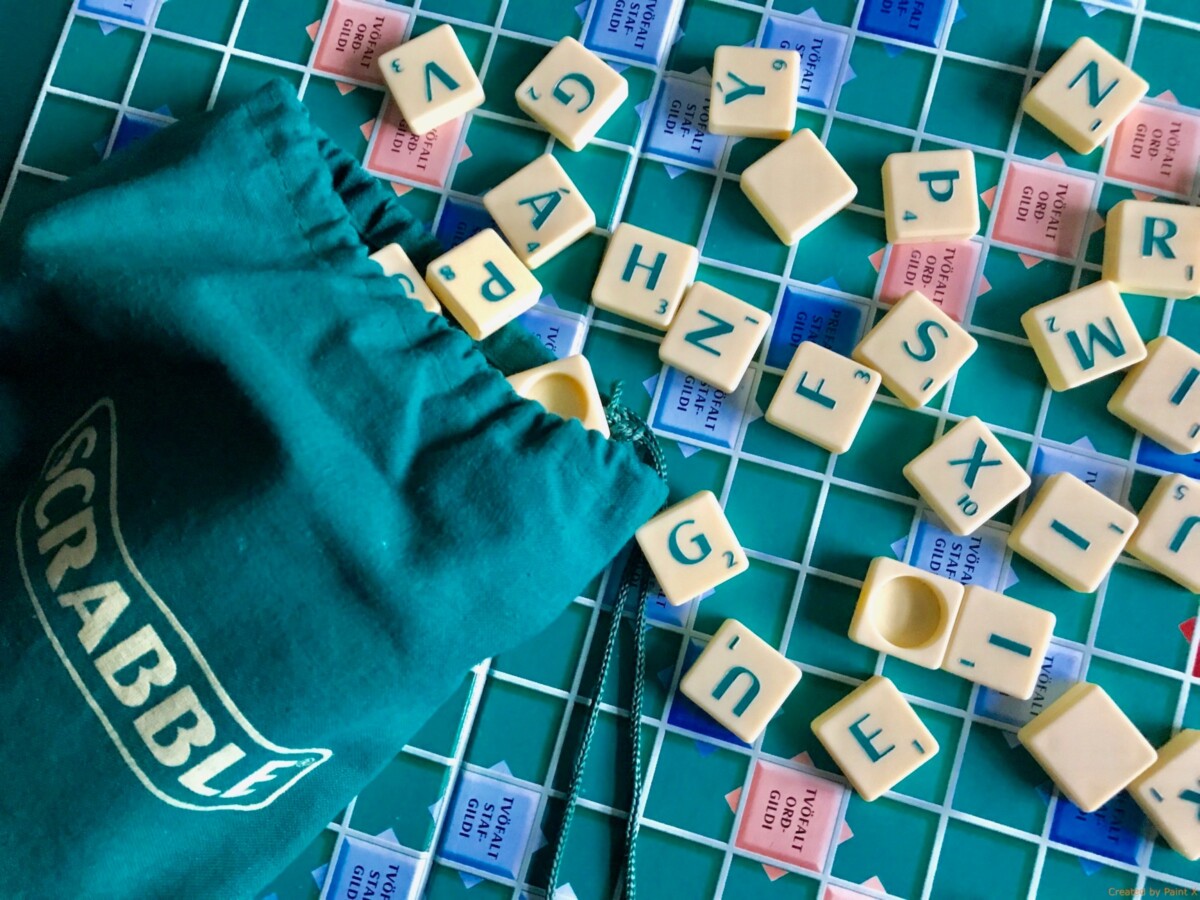The American writer was lauded “for her unmistakable poetic voice.”
The Nobel Prize in Literature was granted to Louise Glück, one of America’s most praised writers, “for her indisputable lovely voice that with somber magnificence makes singular presence widespread.”
The honor was declared at a news gathering in Stockholm.
Glück, whose name rhymes with “click,” has composed various verse assortments, a considerable lot of which manage the difficulties of family life and becoming more seasoned. They incorporate “The Wild Iris,” for which she won a Pulitzer Prize in 1993, and “Steadfast and Virtuous Night,” about mortality and sadness, from 2014. She was named the United States’ artist laureate in 2003.
At the Nobel declaration, Anders Olsson, the seat of the prize-giving board of trustees, applauded her moderate voice and particularly sonnets that get to the core of family life.
“Louise Glück’s voice is undeniable,” he said. “It is sincere and solid, and it flags this artist needs to be seen.” But he additionally said her voice was likewise “brimming with humor and gnawing mind.”
Conceived in New York City in 1943, Glück experienced childhood with Long Island, and was attracted to understanding verse and composing verse as a kid. She kept in touch with a portion of her soonest stanzas when she was 5, and set her focus on turning into an artist when she was in her initial teenagers. She battled with anorexia as a youngster, an ailment she later ascribed to her fixation on immaculateness and accomplishing control, and nearly starved herself to death before in the long run recouping through treatment.
She started taking verse workshops around that time, and went to Sarah Lawrence College and later Columbia University, where she concentrated with the artist Stanley Kunitz. She upheld herself by filling in as a secretary with the goal that she could compose as an afterthought. In 1968, she distributed her first assortment, “Firstborn.” While her presentation was generally welcomed by pundits, she grappled with a mental obstacle’s thereafter and took a showing position at Goddard College in Vermont. Working with understudies motivated her to begin composing once more, and she proceeded to distribute twelve volumes of verse.
In quite a bit of her work, Glück draws motivation from old style fanciful figures. In her 1996 assortment, “Meadowlands,” she weaves together the figures of Odysseus and Penelope from Homer’s Odyssey with the narrative of the disintegration of an advanced marriage. In her 2006 assortment, “Averno,” she utilized the fantasy of Persephone as a focal point to mother-girl connections, enduring, maturing and demise.
Glück’s sections regularly mirror her distraction with dull subjects — detachment, selling out, broke family and conjugal connections, demise. Be that as it may, her extra, refined language, and her regular response to recognizable fanciful figures, gives her verse a general and ageless feel, said the pundit and author Daniel Mendelsohn, the editorial manager everywhere for The New York Review of Books.
“At the point when you read her sonnets about these troublesome things, you feel purified instead of discouraged,” he said. “This is one of the most flawless idyllic sensibilities in world writing at the present time. It’s a sort of outright verse, verse without any tricks, no pandering to prevailing fashions or patterns. It has the nature of something standing nearly as outside of time.”
In a meeting in 2012, Glück depicted composition as “a torture, a position of affliction, frightening.” Rather than a methods for self investigation, she sees verse as an approach to extricate significance from misfortune and torment.
“Ararat,” an assortment of sonnets from 1990, was “the most severe and distress filled book of American verse distributed over the most recent 25 years,” Dwight Garner wrote in a 2012 New York Times article.
William Logan, in a 2009 Times audit of “A Village Life,” called Glück “maybe the most mainstream scholarly writer in America.” Her crowd may not be as extensive as others’, he composed, yet “some portion of her cachet is that her sonnets resemble mystery messages for the started.”
Glück herself has communicated uneasiness with the thought of her verse as well known.
“At the point when I’m told I have a huge readership, I think, ‘Goodness incredible, I will end up being Longfellow’: someone straightforward, simple to like, the sort of weakened experience accessible to many. Also, I would prefer not to be Longfellow,” she said in a 2009 meeting with American Poet, the diary of the Academy of American Poets.
Glück is the primary female artist to be granted the prize since Wislawa Szymborska, a Polish author, in 1996. Different artists to have gotten the honor incorporate Seamus Heaney, the Northern Irish writer, who won in 1995. She is the primary American to win since Bob Dylan in 2016.
She will give her Nobel address in the United States on account of Covid travel limitations, said Mats Malm, the perpetual secretary of the Swedish Academy, which grants the prize.
Numerous in the book world praised the institute’s determination of Glück as a commendable decision made dependent on absolutely artistic benefits. It denotes a truly necessary reset for the foundation and for the writing grant, which has been tormented by debates and embarrassments lately.
A year ago, the institute was censured after it granted the prize to Peter Handke, an Austrian creator and writer who has been blamed for slaughter disavowal for addressing occasions during the Balkan Wars of the 1990s — including the Srebrenica slaughter, in which around 8,000 Muslim men and young men were killed.
That disturbance over the honor came a year after the foundation deferred the 2018 prize due to an outrage including the spouse of an institute part who was blamed for sexual offense and of spilling data to bookmakers. That man, Jean-Claude Arnault, was later condemned to two years in jail for assault.
Those occasions were a depressed spot for the prize, which dates to 1901 and has been granted to a portion of the world’s generally compelling and venerated authors, writers and dramatists. Conspicuous past laureates incorporate Toni Morrison, Kazuo Ishiguro, Alice Munro, Gabriel García Márquez, Saul Bellow and Albert Camus. In 1964, the institute picked Jean-Paul Sartre, who denied the honor, saying that essayists ought not acknowledge grants.
Given the ongoing discussions, numerous spectators anticipated that the current year’s honor should go to an uncontroversial decision. “The Swedish Academy realizes they can’t bear the cost of another embarrassment,” Bjorn Wiman, the way of life manager of the Swedish paper Dagens Nyheter, said in a phone meet before the declaration.
Yet, a counsel to the prize-giving panel denied this in an email on Wednesday. “We haven’t zeroed in on making a ‘sheltered’ pick or talked about the decision in such terms,” said Rebecka Karde, a writer and one of three outside specialists who picked the current year’s champ. “It’s about the nature of the yield of the author who gets it.”
The Nobel Prize in Literature, which is given for an essayist’s whole assemblage of work and is viewed as maybe the world’s most renowned scholarly honor, accompanies a prize of 10 million Swedish krona, or about $1.1 million.




